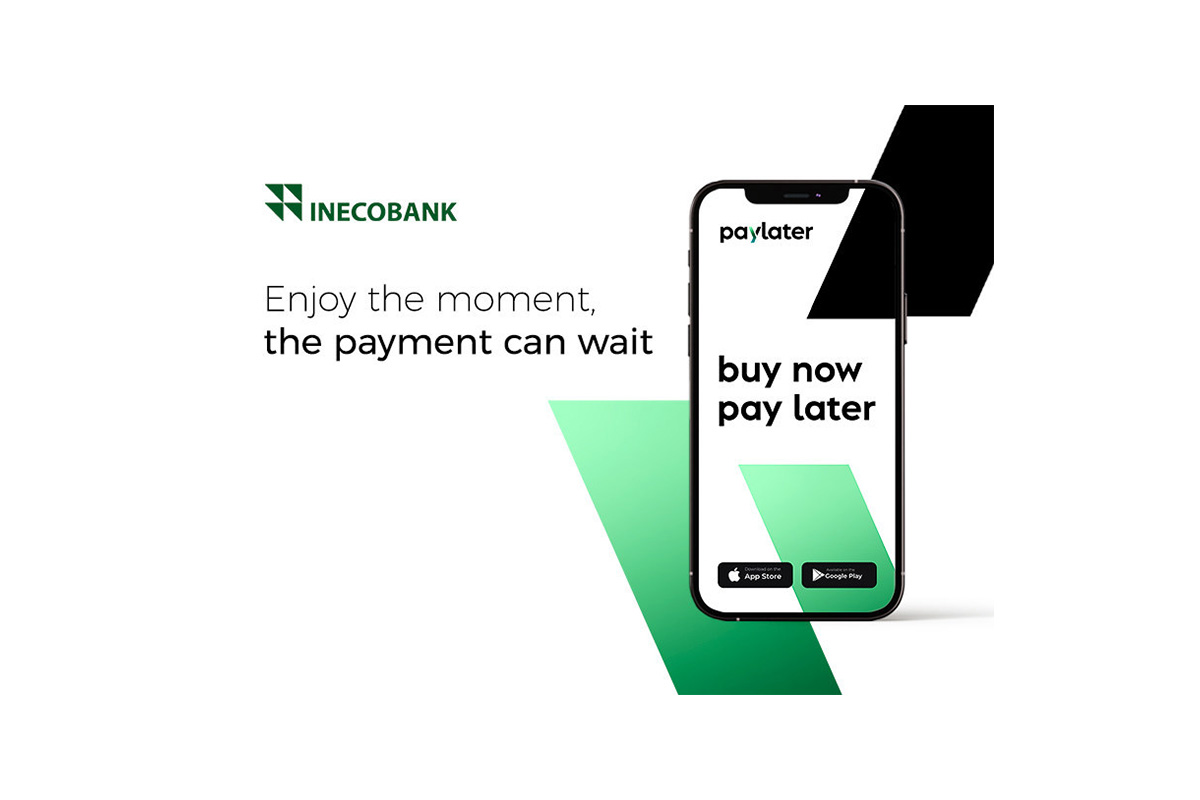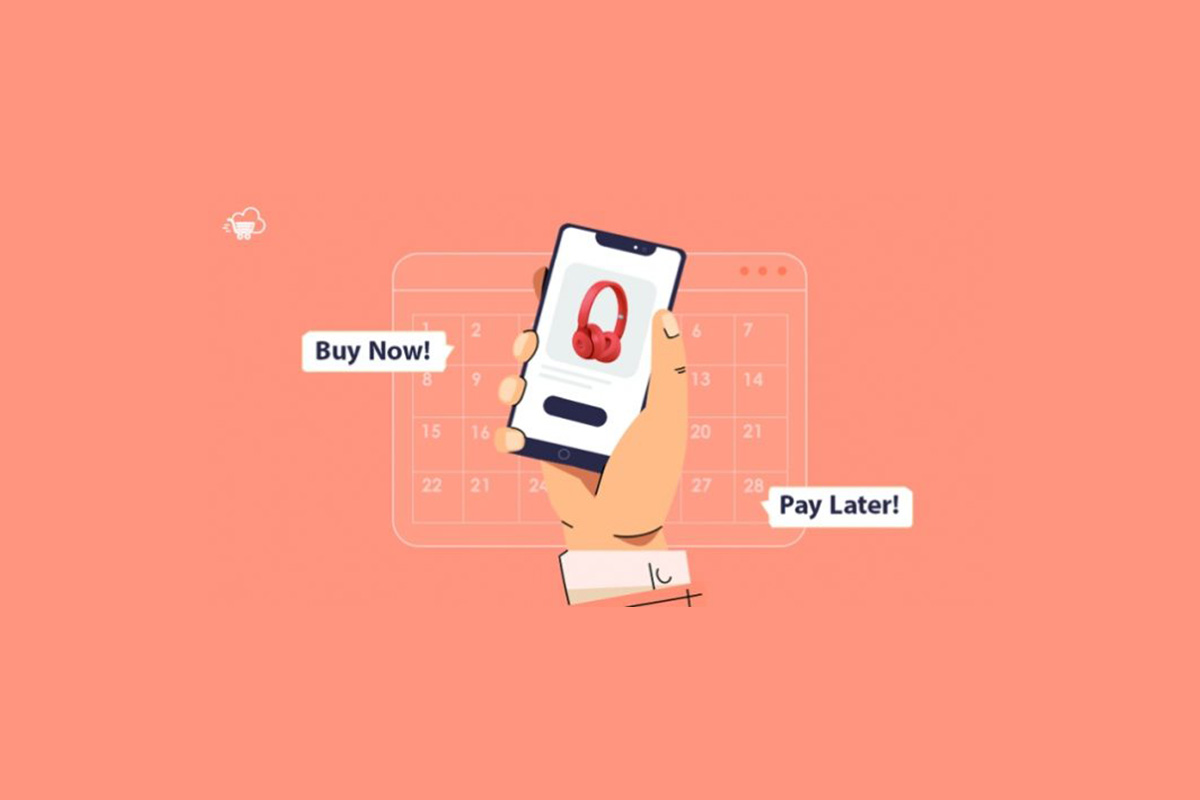Millions of consumers globally are now choosing Buy Now Pay Later (BNPL) services as a more responsible way to manage the cost of their online and in-store purchases according to their own cash flow, compared to alternatives like credit cards.
A new report into the attitudes and use of BNPL credit across Europe, Asia Pacific and the US, ‘The Global State of BNPL: How banks and providers can champion customer interest‘ was released today by RFI Global, the only global data and insights consultancy exclusively for financial services. It finds that rather than leading people towards a dangerous spiral of debt, BNPL is helping them to better manage cash flow by offering short-term interest-and fee-free products, thereby avoiding revolving credit card debt and bank charges.
RFI Global’s BNPL Tracker surveys over 14,000 consumers across 11 countries in Europe, Asia Pacific and the US twice a year about their attitudes towards, and use of, financial payment services such as BNPL.
What appeals to shoppers most when they choose the BNPL option at checkout (across all markets surveyed) is: no interest charges (33%), convenience (33%), improved cash flow management so that they can pay other expenses (28% globally) and helping them to budget (31%).
Consumers surveyed by RFI Global display a level of aversion to debt and do not want to buy things they cannot afford, even ranking this as one of the key reasons why they do not use BNPL. Standard Chartered’s ‘Future Money” survey[1] found that since the pandemic, people around the world were most concerned with ‘Meeting their daily expenses’ (37%). Rising inflation will further increase the efforts people make to better manage their money.
“The majority of BNPL users are millennials who want to manage their money more efficiently and avoid debt,” said Kate Wilson, Global Head of Consumer Credit, Deposits and Payments at RFI Global. “Indeed, our research suggests that most BNPL users are averse to debt. They want to buy what they can afford and are aware of the dangers and cost of credit.
“BNPL’s simple credit model provides a convenient way for them to spread the cost of some purchases over several weeks or months in equal payments, assisting with budgeting without resorting to a loan, going overdrawn or putting the expense on credit cards. They can buy what they want, when they want, and take full advantage of promotions or sale items.”
Best interests at heart but trust still to be earned
Despite BNPL’s growth, consumers trust banks more than they do the pureplay BNPL providers such as Afterpay, Clearpay, Klarna and Affirm, the RFI Global report finds. Overall they feel that the fintechs have their best interests at heart and don’t associate them with having hidden fees and charges. Satisfaction scores tend to be high with these pureplay providers, which makes it extremely likely that they’ll use the services again.
In the UK for example, consumers surveyed feel that a BNPL service offered by a bank would be more secure (36%), more widely accepted (31%), and more reliable (31%). More than half (53%) of consumers would consider a BNPL service offered by a bank extremely appealing compared to 35% who rate a dedicated third party BNPL provider the same.
“The high degree of consumer trust in banks presents an opportunity for them to launch their own services,” suggests RFI’s Wilson. “Some banks are already dipping their toes in – such as Barclays through its partnership with Amazon – and many more are considering the launch of BNPL services. To compete, banks will need to leverage their trust advantage and improve upon the focus that the fintech providers place on providing a great customer experience. They will also need to remain competitive on price and other incentives. Banks have a limited window of opportunity to do this before fintech BNPL brands win customer trust and loyalty themselves.”
Barriers for banks
However, the report highlighted some barriers for banks to overcome. In particular, the perception that a bank-offered service would be more expensive (35%), more complicated to use (24%) and would offer fewer offers and promotions (23%).
There are also worries about credit score impact and hidden fees. In France for example, 45% of consumers are worried that simply using BNPL might impact their credit scores (compared to 4% in the UK and 5% in the USA). More than a third of French respondents (37%) don’t trust themselves to make regular scheduled payments (compared 5% in the UK and 9% in the US).
Other report highlights:
- No-interest, no-fee and convenience have boosted BNPL uptake – In Australia, Canada, Mainland China, Mexico and the UK, no-fee or interest is the leading reason for using BNPL. Whereas in France, Hong Kong, India, Singapore and the USA, it is convenience that drives usage. This payment experience and ease of checkout is important to encourage repeat usage.
- Against a backdrop of soaring inflation, consumers likely to repeat use BNPL for bigger ticket items as well as household expenses – although online retail dominates BNPL purchases – particularly fashion where 1 in 5 online purchases in Australia were paid through BNPL last year – consumers are interested in using it for higher value items such as electrical goods, household appliances and furniture. Further, around a third of consumers in Australia and the UK have indicated they would use BNPL to pay for everyday expenses such as household bills (38% in Australia, 34% in the UK), groceries (37% in Australia, 29% in the UK) and petrol (27% in Australia and the UK).
- Frequent users willing to pay a fee for excellent experience – frequent users of BNPL are finding so much value in using it as a payment option that 47% of BNPL users in the UK and 49% in Australia say they would still use the provider if fees were attached to it.
- Try and buy – a third of consumers globally used BNPL because they wanted to ‘give it a try’. Trial is a strong driver of usage in more nascent BNPL markets where dedicated BNPL services have only recently emerged, in particular India (45%), Singapore (43%) and Hong Kong (40%).
- Younger consumers turning to BNPL – There is a sharp distinction for BNPL usage among millennials (aged 26-41 years) and Gen Z (aged 18-24 years). In maturing markets consumers aged 25-34 years are proving to be early adopters, with India (74%) and the US leading the way (61%). In Mainland China and India, Gen Z have flocked to BNPL with 89% and 73% of consumers under 25, respectively, using the service. In Australia, over 60% of millennials have used BNPL. Meanwhile, in Hong Kong, the greatest uptake has been among consumers aged 45-54 years.
- Asia’s baby boomers joining GenZ – Surprisingly, RFI Global research indicates that alongside Gen Z users, there is also high uptake among baby boomers across Asia who are keen to try the BNPL trend. 61% of people aged 55-64 years and 77% of people older than 65 years in Mainland China – where Ant Check Later and WeChat FenFu are the top 2 brands – compared to 63% (55-64 years) and 50% (65+ years) in India and 39% (55-64 years) and 22% (65+ years) in Singapore.
- Online dominates but in-store use is growing – globally most people are using BNPL when shopping online, but there is growing in-store use, particularly in Mainland China (over 50%) and Australia where BNPL is accepted in most stores. Creating a better in-store experience and growing awareness of acceptance for in-store will be key to further uptake for offline purchases.




